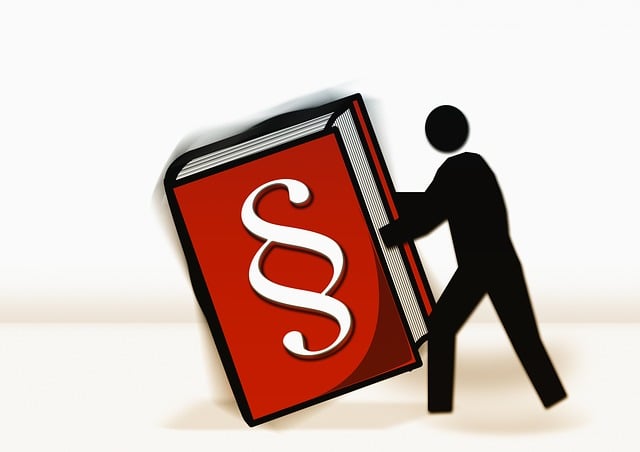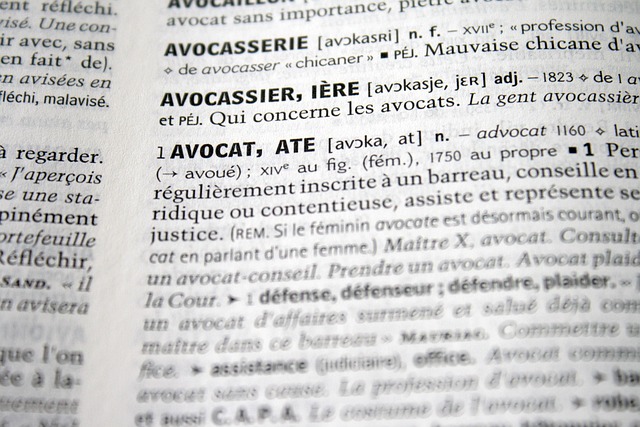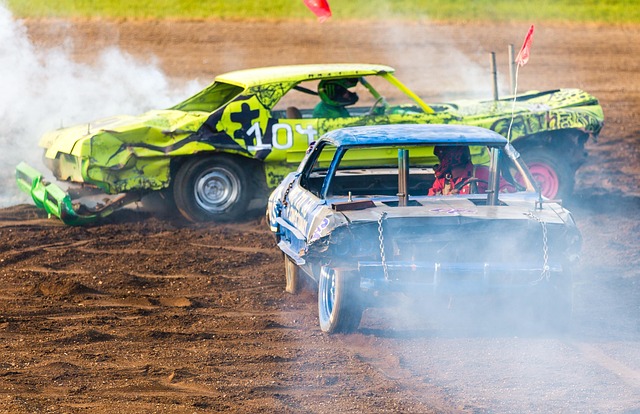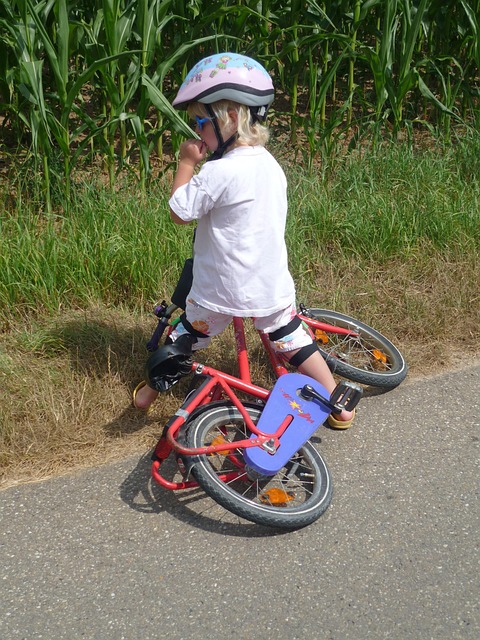Liability for sidewalk trip and fall accidents differs between public and private properties. Public sidewalks, maintained by local governments, hold them accountable for hazardous conditions like uneven surfaces or missing handrails. Private property owners are responsible for maintaining safe premises but may face liability due to negligence, such as inadequate lighting or weather-related issues. Preventing these accidents involves collaborative efforts: property owners inspect, repair, and maintain their sidewalks, while municipalities conduct inspections, fix damages, and implement street cleaning programs.
In the event of a sidewalk trip and fall, determining liability can be complex. This article delves into the legal nuances surrounding public and private property responsibilities. We explore who is held accountable under the law for hazardous conditions leading to trips and falls on sidewalks. By understanding the key distinctions between public and private spaces, individuals can better navigate potential risks and seek appropriate recourse when necessary. Key topics include preventing trip hazards and understanding legal obligations from a broader perspective.
- Understanding Sidewalk Responsibilities: A Legal Perspective
- Public vs Private Property: Who's Liable for Falls?
- Preventing Trip Hazards: The Role of Property Owners and Municipalities
Understanding Sidewalk Responsibilities: A Legal Perspective

Understanding Sidewalk Responsibilities: A Legal Perspective
In the event of a sidewalk trip and fall, determining liability is a crucial aspect of personal injury law. From a legal standpoint, it’s important to know that responsibility for maintaining safe sidewalks typically rests with property owners or local governments. If a hazardous condition exists on a public sidewalk—say, an uneven surface or missing handrail—the entity responsible for its upkeep could be held accountable for any resulting injuries. In Miami, as in many cities, this often involves navigating complex legal frameworks and understanding the specific rules governing sidewalk safety.
When it comes to private property, such as residential driveways or business entrances, the responsibilities shift slightly. While property owners are generally expected to maintain a safe environment for visitors, the level of care may differ from that required on public sidewalks. For instance, a minor uneven patch in a private driveway might not trigger the same level of legal responsibility as a dangerous gap in a bustling city sidewalk. This distinction is significant, especially when considering potential compensation, which can vary greatly depending on the circumstances and jurisdiction, much like differences in truck accident compensation or employment disputes.
Public vs Private Property: Who's Liable for Falls?
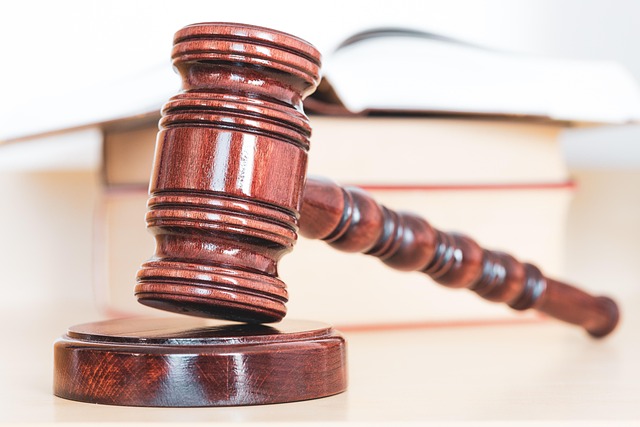
When it comes to sidewalk trip and fall accidents, the liability often hinges on whether the incident occurs on public or private property. In general, municipalities and local governments are responsible for maintaining sidewalks and ensuring they are safe for the public. This means that if a person slips and falls due to an uneven pavement, missing handrail, or other defects on a public sidewalk, it is likely that the government entity in charge of that area will be held liable.
In contrast, private property owners have a legal obligation to maintain their premises in a safe condition. If someone trips and falls on a private sidewalk or entranceway due to the owner’s negligence, such as inadequate lighting, slippery conditions caused by weather, or obstructions, the property owner could be held responsible for resulting injuries. Unlike auto accident attorney cases involving wrongful death claims or breaches of contract, sidewalk trip and fall liabilities are primarily determined by the type of property where the incident occurs.
Preventing Trip Hazards: The Role of Property Owners and Municipalities
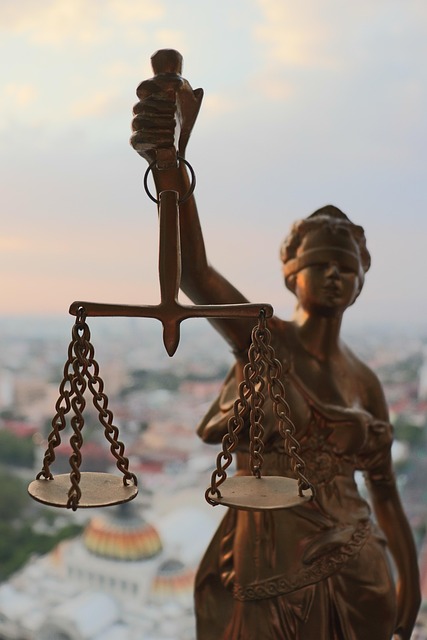
Preventing trip hazards on sidewalks is a shared responsibility between property owners and municipalities. Property owners have a legal obligation to maintain their premises free from dangerous conditions that could cause someone to trip, fall, or sustain injuries. This includes regularly inspecting and repairing broken sidewalks, removing obstacles like overgrown vegetation or loose debris, and ensuring clear, unobstructed paths for pedestrians. Regular maintenance can significantly reduce the risk of sidewalk trip and fall accidents, which often result in serious injuries.
Municipalities play a crucial role in keeping public walkways safe by conducting routine inspections of sidewalks and making necessary repairs or improvements. They are responsible for addressing issues like uneven pavement, missing or damaged curbs, and poorly lit areas that might contribute to trips and falls. Additionally, municipalities should implement effective street cleaning programs to remove ice, snow, and other obstacles during seasonal changes. By working together to prevent trip hazards, property owners and local governments can create safer environments for everyone, reducing the likelihood of sidewalk trip and fall incidents and minimizing associated homeowner insurance claims or even claims from a truck accident attorney if severe injuries occur.
In conclusion, navigating sidewalk trip and fall responsibilities involves a delicate balance between legal duties and safety measures. Understanding who is liable, whether on public or private property, is crucial for ensuring accountability. Property owners and municipalities play a significant role in preventing trip hazards through regular maintenance and inspections. By adhering to these guidelines, we can create safer spaces, reduce litigation, and foster a more responsible approach to sidewalk safety.
